
Costa Rica is going through a new wave of COVID-19 cases, overwhelming hospitals with patients in critical condition. In some areas of Guanacaste, infections spiked after health measures were broken by tourists during Holy Week.
During the press conference on Thursday, April 29, Minister of Health Daniel Salas announced new health measures from May 3 to 9 for the country’s central region. In addition to vehicle restrictions on weekends, all non-essential establishments have to close and vehicle restrictions will also apply on weekdays.
Guanacaste, Limon, Puntarenas and other outlying cantons of the central provinces will continue with vehicle restriction during the weekends only.
Faced with a new wave of the new pandemic and with the next long weekend approaching with the holiday on May 1, The Voice team compiled a series of tips to travel safely and responsibly on our own, with our nuclear family, in the communities we visit.
The main tip is that if you do go somewhere, do it with your family bubble. Keep in mind that the country has never reported so many new cases in 24 hours as it has in the last few days.
To put together these tips, we consulted people who work in the tourism industry, the protocols of the Ministry of Health and the ICT, and the Health Matters, United Nations and Centers for Disease Control and Prevention websites.
Tip 1: Door to Door
Try to travel directly from your home to your destination and take your own snacks to avoid making stops along the way, especially in places with a lot of people or where people aren’t respecting health measures.
Of course, this will be easier if you can travel by car. If you go by bus or other public transportation, look for direct routes to your destination or routes that involve the least amount of connections.
If the buses make stops, only take your mask off when you eat, but do so respecting the minimum distance of 1.8 meters (6 feet) from people who aren’t part of your social bubble. The same goes for if you use the bathroom. Also remember to avoid touching your face, and to cough and sneeze properly.
According to Ministry of Health protocols, all establishments must have hand soap, hand sanitizer and disposable towels for drying hands. But don’t count on that and try to bring your own.
Another advantage of traveling by car is that, once you’re at your destination, you can use it for local excursions,” Health Matters also indicates.
Tip 2: Let the Air Flow!
Look for lodging, transportation, food and recreation options that have the most ventilation.
For example, pick spots in restaurants or cafes that are close to doors and windows or, better yet, choose outside tables if the restaurant or cafe has them available.
The same goes for recreation sites: Guanacaste offers many destinations on the coast and in the mountains that are outdoors, where you can surely comply with the appropriate distancing between bubbles.
Health measures for public transport involve using masks at all times and preferably keeping the windows open. If you notice that a passenger doesn’t comply, let the driver or the transportation company know.
Tip +: Remember that ordering food to go is also an option to minimize risk of infection.
Tip 3: Make Reservations and Get Info
The founder and tour guide for Turistórico, Anthony Arias Delgado, recommends planning an itinerary and contacting the places you want to visit to make reservations and ask about what health measures they are taking.
From his perspective, it’s not a bad idea to have a plan B and C. “If you arrive at a place and the conditions aren’t suitable or you don’t feel comfortable, we have to be patient and handle it with plan B and plan C,” he commented.
Some destinations— especially national parks— already take into account the need to make reservations before visiting them. Check here to find out how to book places like Barra Honda, Rincon de la Vieja or Santa Rosa.
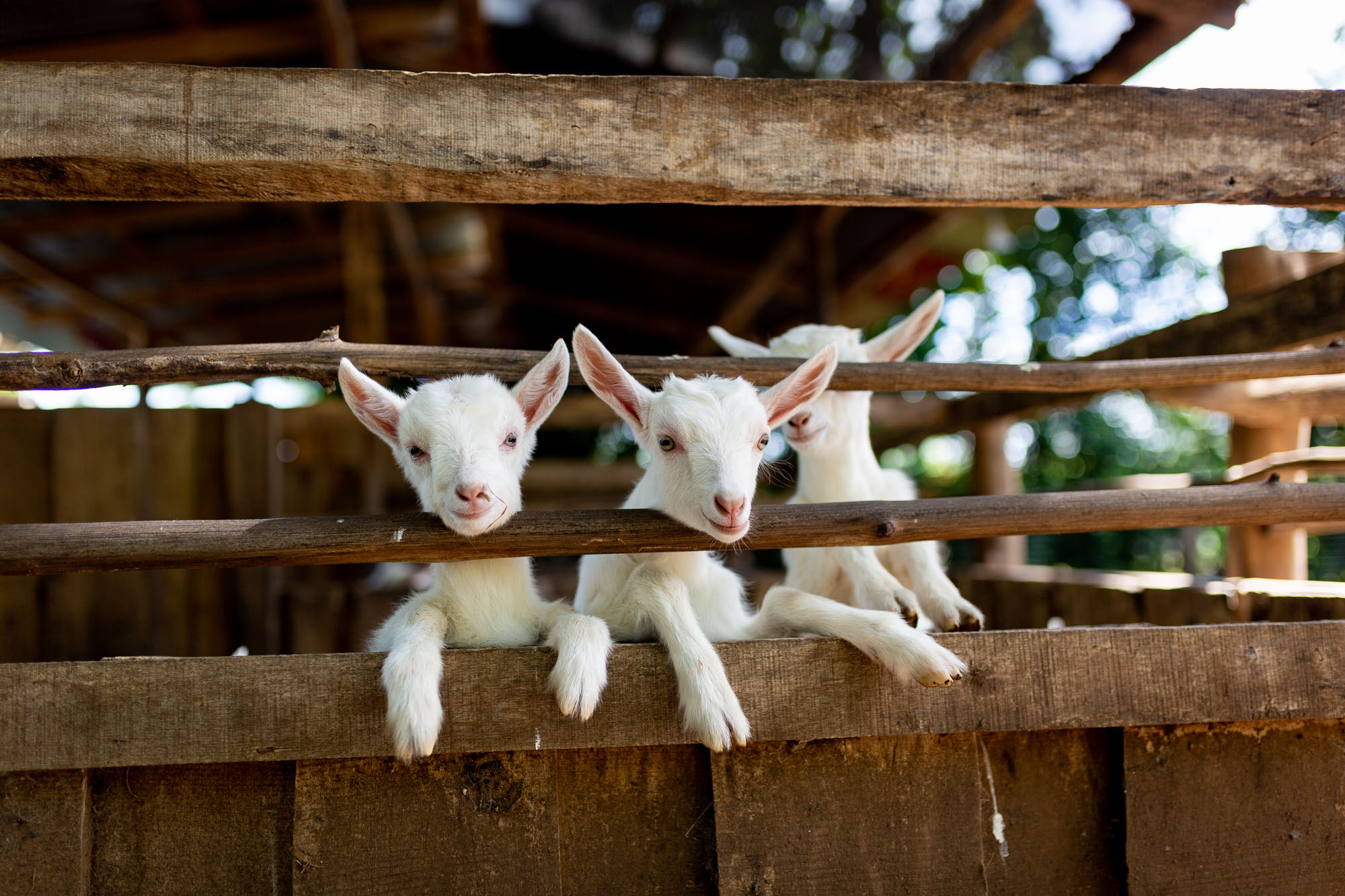
Photo for illustrative purposes. Credit: Cesar Arroyo Castro
Tip 4: How about New Destinations?
There might be frequently visited destinations where it’s harder to comply with health measures like distancing, or where we notice that people don’t do it, like not using a mask or not using it properly.
That’s why Arias recommends taking a look at the wide range of options in the country.
There are places where there are many attractions concentrated in a very small geographic area, but there are others that are more isolated and that usually don’t have as many visitors,” he comments.
In this, Guanacaste has its advantages: it offers dozens of destinations on the coast and in the mountains, many in the open air.
“Go for walks and bike rides,” Health Matters also recommends.
Tip 5: Report
Since the beginning of the pandemic, we’ve learned that even though each person should take responsibility, not everyone does. For example, The Voice has received complaints and reports from people who visit businesses and run into non-compliance with measures.
The administrative staff of establishments and tour guides need to ensure that both employees and guests respect the measures defined to prevent and contain the spread of COVID-19.
If you arrive at a place and they aren’t following the measures, let the staff know that they’re being irresponsible and you can even report it to 911.
Tip 6: Electronic Payments
According to Health and Tourism protocols, these businesses have been encouraged to try to use electronic payment methods, such as bank transfers or contactless credit or debit cards.
Another method that many businesses and merchants offer is the National Mobile Electronic Payment System (SINPE- Sistema Nacional de Pagos Electrónicos). The Central Bank has projected that its use this year will grow by 318% compared to 2020 (when users made 55 million transfers).
Tip 7: Keep Important Numbers Handy
Remember that if you have symptoms associated with COVID-19, you can call 1322.
To report non-compliance with health measures, you can call 911.
For public transportation non-compliance, call 2586-9090.
Report employer non-compliance in the chat at www.mtss.go.cr.
* One more suggestion: Double-check all of the protocols for the tourism industry at this link.
Industry Calls for Responsible Tourism
Since the country has reached a critical point in the pandemic, authorities have requested that people leave their homes only in urgent and necessary cases.
But the health crisis is once again facing off with the economic crisis, especially in the tourism industry, which reported losses of up to $3 billion last year, according to data from the Costa Rican Tourism Institute (ICT).
Tourism is not the cause of what we are experiencing now,” says the president of the Guanacaste Chamber of Tourism (CATURGUA), Hernan Binaghi. “The blame is on those who don’t follow the protocols: from cafes to parks, hotels, transportation workers… they all have the protocols in place and need to be watching out to comply with them,” he adds.
Although he believes that people are scared and that tourism during the next long weekend will be less for that reason, the president of CATURGUA is asking people to travel responsibly with distancing, masks, hand washing and no parties.
“We invite people to come to Guanacaste, to enjoy its beauties and culture, to visit the places, towns, businesses, but please, we want them to be responsible,” Binaghi asks.
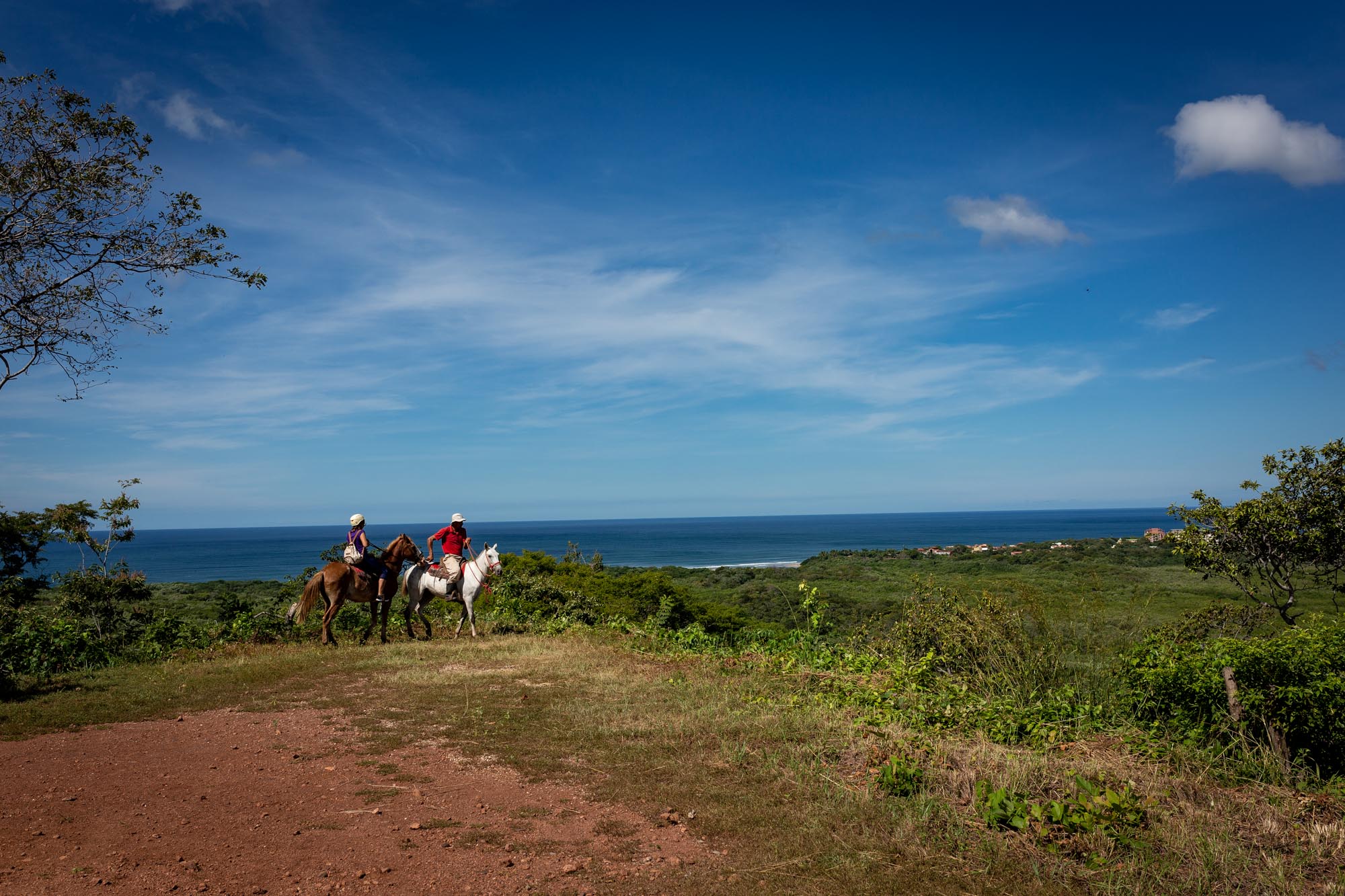
Photo for illustrative purposes. Credit: Cesar Arroyo Castro
The public hospitals are registering, on average, one hospitalization due to COVID-19 every 15 minutes. In addition, for three days in a row now, the country has been reporting a record number of new cases in a 24-hour period.
Arias, Turistorico’s founder and tour guide, noted that tourism has taken on an important role in relieving anxiety, worries and fears in the midst of the crisis,
And he adds, “Besides being an activity of personal pleasure, it’s an activity with a cultural character and with a very important socioeconomic impact on everyone involved.”


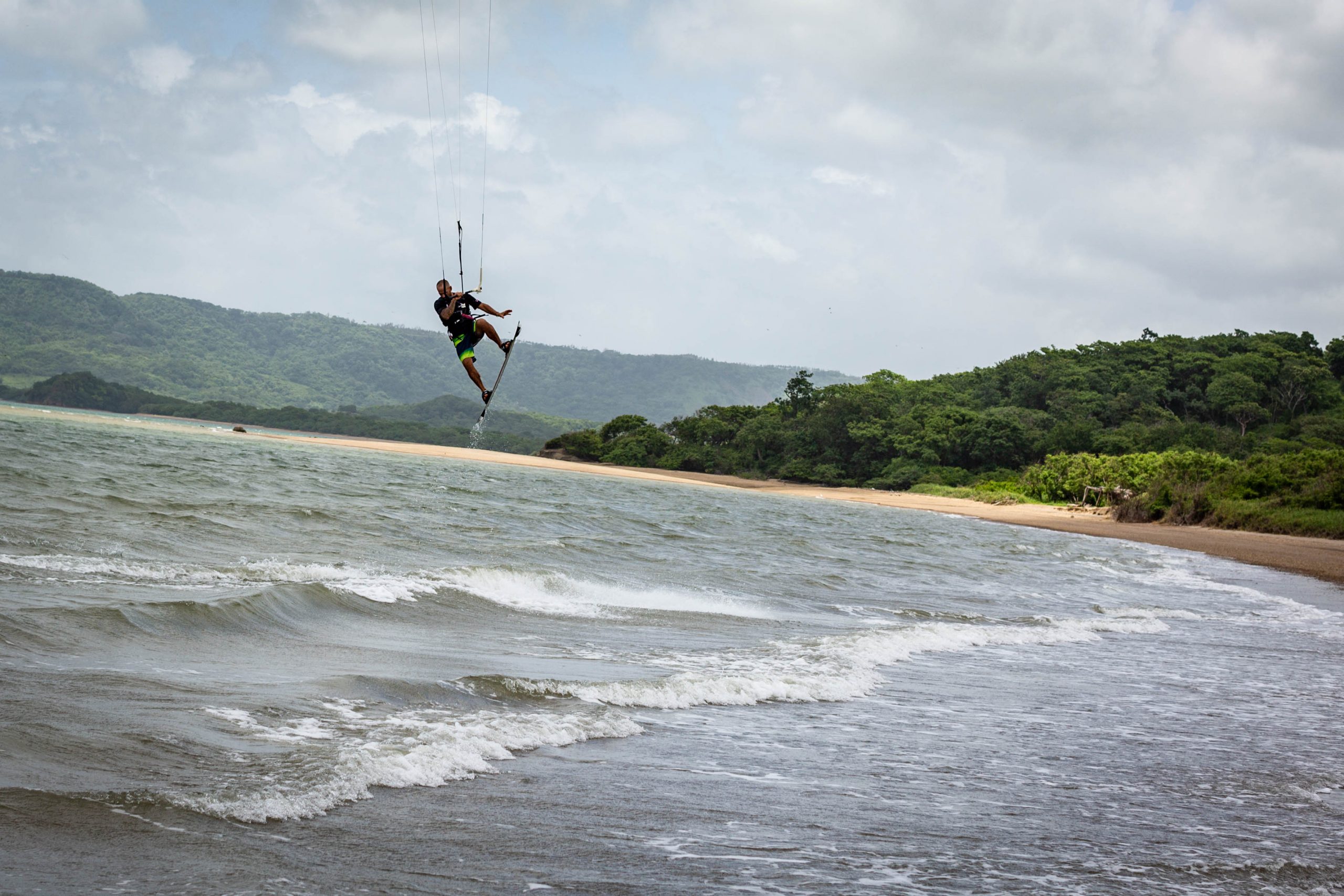
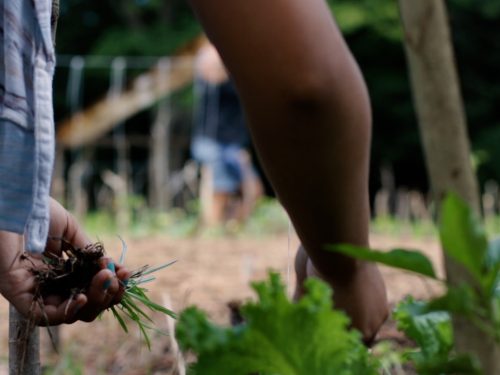
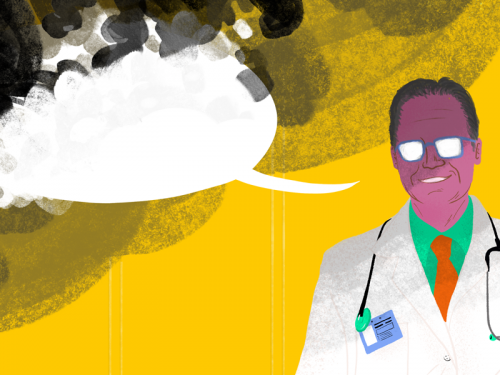
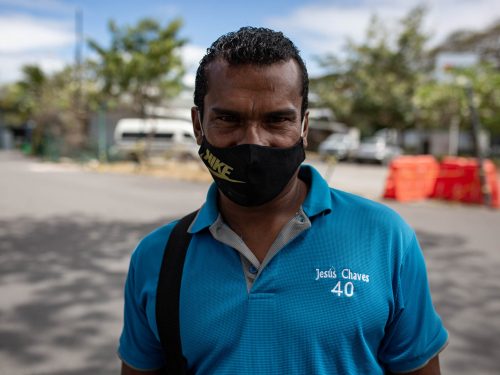

Comments